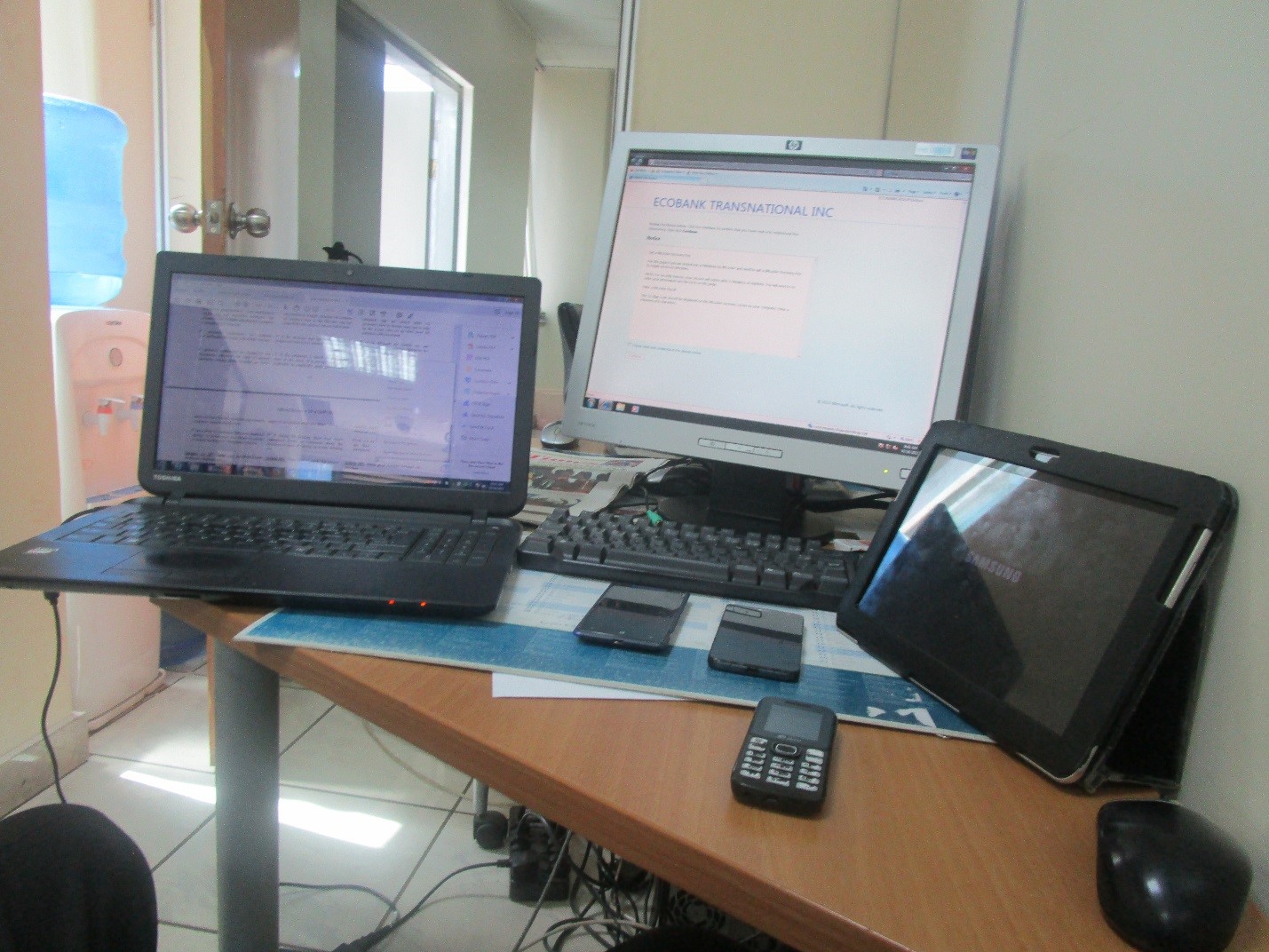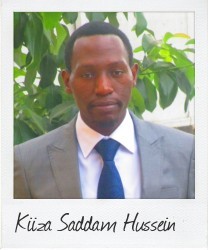“Drawing a line: hate and freedom of speech”
November 2Freedom of speech has been a fundamental human right since the Universal Declaration of Human Rights in 1948. Kiiza Saddam Hussein, 26, a Commonwealth Correspondent who lives in Uganda and Rwanda, argues that while we should enjoy these rights, they are not absolute. Duties and responsibilities may impose some limitations as the world draw lines between rights of expression and hate speech.
According to the Oxford dictionary, hate speech connotes “Abusive or threatening speech or writing that expresses prejudice against a particular group, especially on the basis of race, religion, or sexual orientation”.
In centuries and decades past, hate speech was used as vehicle to provoke religious and ethnic conflicts that led to commission of heinous crimes.
We can dissect a few examples to see how hate speech was used to promote wars. It’s common knowledge that Adolph Hitler used the rhetoric of hate speech to instigate the 1941-1945 Holocaust killings of the Jewish community, referring to them as “well-poisoners of the German people”. This led to extermination of more than six million Jewish people.
In 1994 Rwanda genocide politicians and journalist of that time used hate speech that divided Rwandan people into three ethnic groups, referring to one of them as cockroaches and less human thus calling for their mass killings. This led to the deaths of around 1,000,000 Rwandans.
Similarly, in Kenya in 2007 politicians with their own selfish ideology used hate speeches to divided Kenyans along ethnic lines so as to win political leverage, which in turn caused ethnic violence that caused over 1500 deaths of Kenyan people.
Hate speech has been also used by terrorists like ISIS to convert and motivate so-called Muslims to commit suicide bombing against other divides of religious and political beliefs, which has claimed thousands of innocent people across the world.
Hate speech has migrated from public or private audiences to online speech, which has made it more complex and harder to control considering the speed at which information is circulated and accessed. ISIS has continued to use online platforms as a haven of its radicalisation of youth, who in the end are used to commit crimes such as stabbings and bombings in UK, France, German, Belgium, Spain, Turkey, Syria, and Iraq.
However, our discussion does not stop at those notorious situations and groups of people who have perpetrated grave offences out of hate speech. It also goes to our daily speech and writings by everyone who wants to express themselves.
Continued misuse of our tongues and online platforms has exacerbated the whole issue of hate speech. Some people, even those in positions of power and influence, have continued to use online space for their hate speech, which has made our society doubtful of the relevance of the right to freedom of expression and speech
Informed about hate speech, we should not lose control of our passion to promote freedom of expression and speech over the fear of being tagged as hate speakers. For example, the president of the USA recently made a comment that was perceived as racial. It triggered negative reactions and demonstrations that rippled through the sports and entertainment industries. In predominately Muslim communities hate speech has been taken to include content that Muslims believe is aimed at undermining Islamic religion.
Social media companies like Twitter, Facebook and WhatsApp, as well as every person who understands hate speech has a role to play in abiding by true freedom of expression. We must control the production and publication of hate speech, be it online or by means of person to person communication.
Reach me on Twitter: @saddamhusseink
photo credit: Kiiza Saddam Hussein
…………………………………………………………………………………………………………………
About me: I am a lawyer by profession, with an established career in human rights and climate change activism. Ultimately I believe in the values of democracy and rule of law.
I serve as programs manager at Uganda Youth Society for Human Rights Organization. Throughout my life I have advocated for girl child rights, youth rights, women’s rights and climate action. I aspire to become a leading figure on the international level and to lead others in addressing global challenges.
…………………………………………………………………………………………………………………
Opinions expressed in this article are those of the author and do not necessarily represent the views of the Commonwealth Youth Programme. Articles are published in a spirit of dialogue, respect and understanding. If you disagree, why not submit a response?
To learn more about becoming a Commonwealth Correspondent please visit: http://www.yourcommonwealth.org/submit-articles/
…………………………………………………………………………………………………………………







